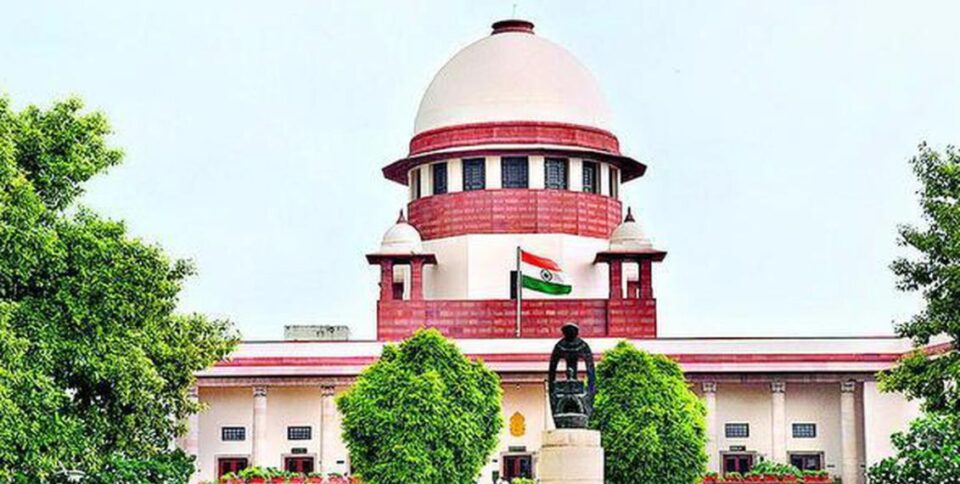NEW DELHI, Sept 22 – Supreme Court Justice M.M. Sundresh on Monday voiced concern over the rampant use of criminal defamation laws by private individuals and political parties to settle scores, calling for a rethink on whether defamation should remain a criminal offence.
“I think time has come to decriminalise this,” Justice Sundresh remarked while hearing a petition filed by the Foundation for Independent Journalism, which runs The Wire, and a journalist seeking to quash summons in a defamation case filed by former Jawaharlal Nehru University professor Amita Singh.
The judge’s comment reopens debate on the 2016 Subramanian Swamy vs Union of India ruling, where the Supreme Court had upheld criminal defamation as a “reasonable restriction” on free speech under Article 19(1)(a) of the Constitution, citing the need to protect reputation as part of the fundamental right to life.
Senior advocate Kapil Sibal, appearing for the petitioners, pointed out how even senior political leaders like Rahul Gandhi had repeatedly sought relief from the Supreme Court after facing multiple defamation complaints.
In recent months, the apex court has stayed summons in several cases, remarking that courts should not become platforms to settle political disputes. Earlier this year, the court stayed proceedings against Rahul Gandhi for remarks against Home Minister Amit Shah, while Congress MP Shashi Tharoor received similar relief over his “scorpion on Shivling” comments about Prime Minister Narendra Modi.
In March 2025, the court in the Imran Pratapgarhi case stressed that defamation claims must be judged from the perspective of a “reasonable, strong-minded person,” not someone “scenting danger in every hostile point of view.”
Justice Sundresh’s observation signals growing judicial unease over the criminalisation of defamation, especially when used to curb dissent and media freedom.

